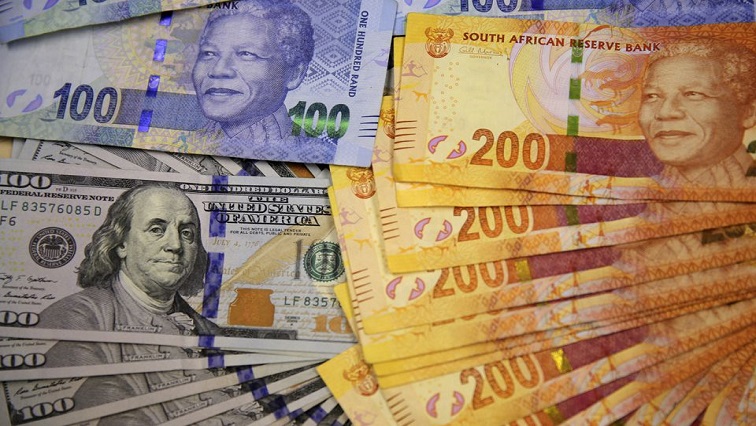Business
Greylisting Isn’t the Only Test for South Africa’s Financial System

A Critical October Test
In October 2025, South Africa will undergo a crucial inspection by the Financial Action Task Force (FATF), the global watchdog on money laundering and terrorist financing. If the team of reviewers gives the green light, the country could finally be removed from the dreaded “greylist” more than two years after landing on it.
Greylisting has been no small burden. It has dented investor confidence, slowed cross-border transactions, raised compliance costs, and, in the words of the South African Reserve Bank (SARB), introduced a “key risk to domestic financial stability.”
Delisting would be a major win, strengthening the rand, lowering borrowing costs, and easing the flow of trade and investment. But here’s the bigger picture: FATF reforms alone will not make South Africa globally competitive. The country’s entire financial ecosystem, from payments to logistics, needs to prove it can keep up with a fast-changing world.
Beyond FATF: Building a Modern Payments System
The SARB is already laying the groundwork with its Payments Ecosystem Modernisation (PEM) programme, set to give non-banks access to the National Payment System (NPS) by 2026. That’s a game-changer.
Currently, businesses have to route payments through big banks, slowing down transactions and increasing costs. By allowing fintechs and innovators direct access, South Africa is opening the door to faster, cheaper, and more competitive services. For small exportersthe farmers, manufacturers, and entrepreneurs trying to reach global marketsthis could make the difference between success and failure.
Think of a grape farmer in the Western Cape. Right now, late payments combined with port delays can turn a shipment into a loss. With modernised systems like ISO 20022, payments can carry detailed data linked to logistics. That means exporters could track both their goods and their money in real-time, a simple step that could prevent spoiled produce, lost sales, and broken reputations.
Regional and Global Shifts
South Africa’s reforms don’t exist in isolation. Across Africa, the Pan-African Payments and Settlement System (PAPSS) is changing the way countries trade by allowing local currency settlements, cutting billions in conversion costs. Coupled with the African Continental Free Trade Area (AfCFTA), PAPSS could transform intra-African trade.
If South Africa is serious about leading on the continentespecially while holding the G20 presidency in 2025integration with PAPSS should be treated as urgent, not optional.
Global players are also paying attention. Visa recently invested $57 million in its first African data centre, right here in Johannesburg, boosting local infrastructure and speeding up transactions. Fintechs are expanding rapidly, offering services like pay-by-bank and instant cross-border payments. The competition is heating up.
Security and Trust Still Matter
For all the optimism, the greylist saga has left scars. Trust, once lost, takes time to rebuild. But progress is visible. The FATF reforms show stronger anti-money laundering enforcement. The adoption of ISO 20022 improves fraud detection. Fintechs add an extra layer of protection with AI-driven monitoring and stronger authentication tools.
Collaboration is key: banks bring stability and compliance, fintechs bring agility and innovation. Together, they could build a safer, more inclusive financial system.
Why This Matters to Ordinary South Africans
Greylisting may sound like a technical issue, but its impact trickles down. It means higher costs for businesses, fewer jobs created, and more expensive loans. A modernised system means something far more tangible: cheaper fees for remittances, faster transfers, more reliable exports, and opportunities for small businesses to expand.
As one Johannesburg fintech founder recently put it at a local industry event: “The test isn’t whether we can get off the greylist. The test is whether we can build a system where South Africans no longer accept slow, expensive, opaque financial services as normal.”
The October FATF review will be a symbolic moment, proof that South Africa can clean up its financial reputation. But the real test will play out over years: whether reforms like PEM, PAPSS integration, and fintech partnerships can actually make South Africa’s economy more competitive.
Global trade doesn’t wait for laggards. If South Africa wants to compete, it has to move faster, not just to tick FATF boxes, but to build a financial system fit for the digital age.
{Source: IOL}
Follow Joburg ETC on Facebook, Twitter , TikTok and Instagram
For more News in Johannesburg, visit joburgetc.com



























